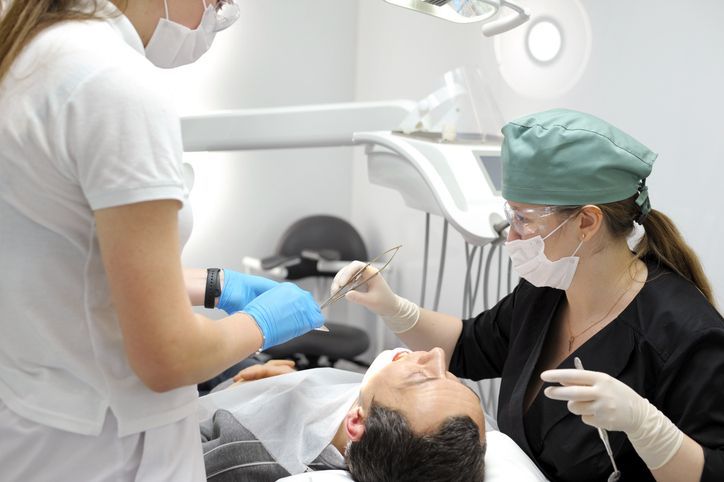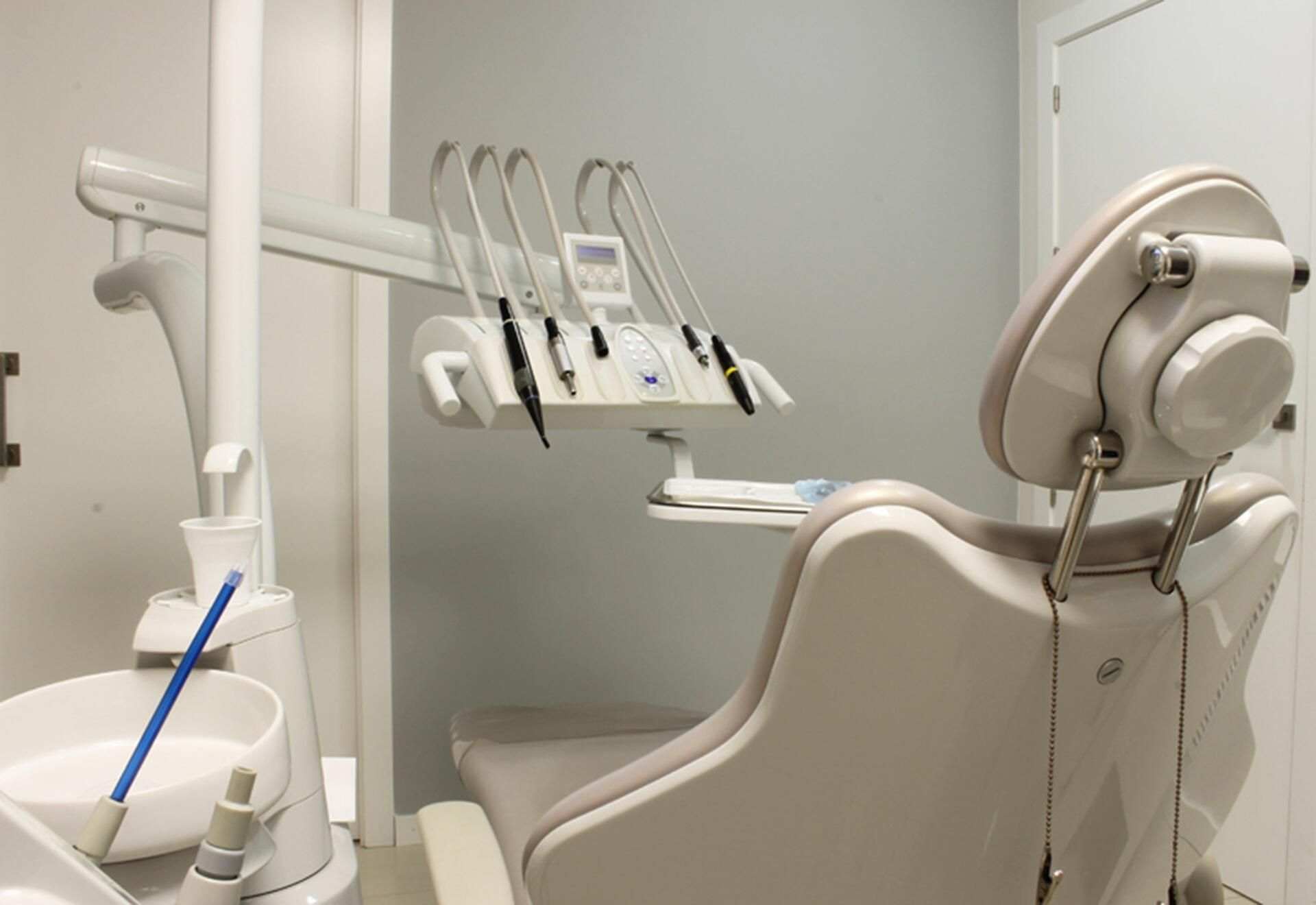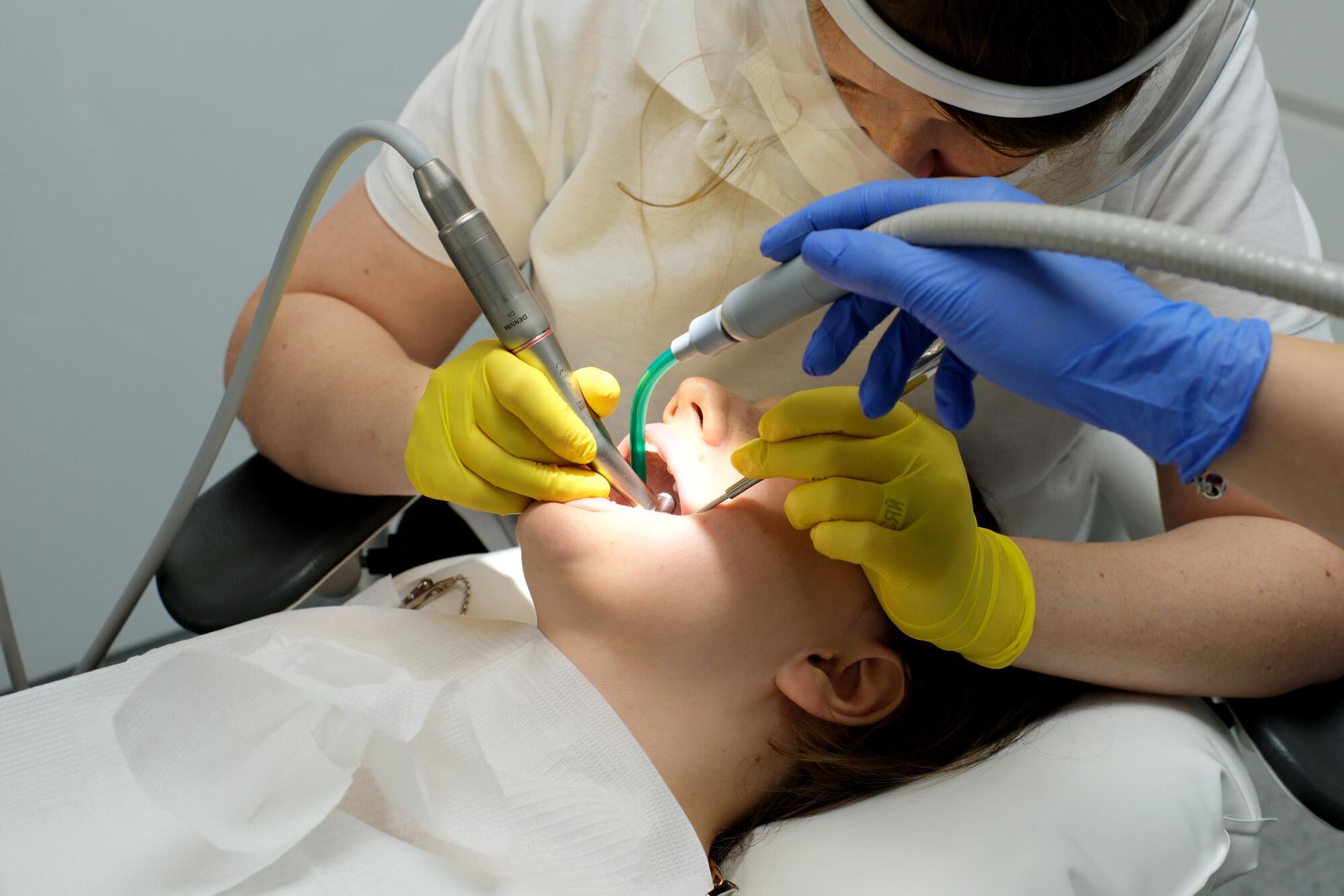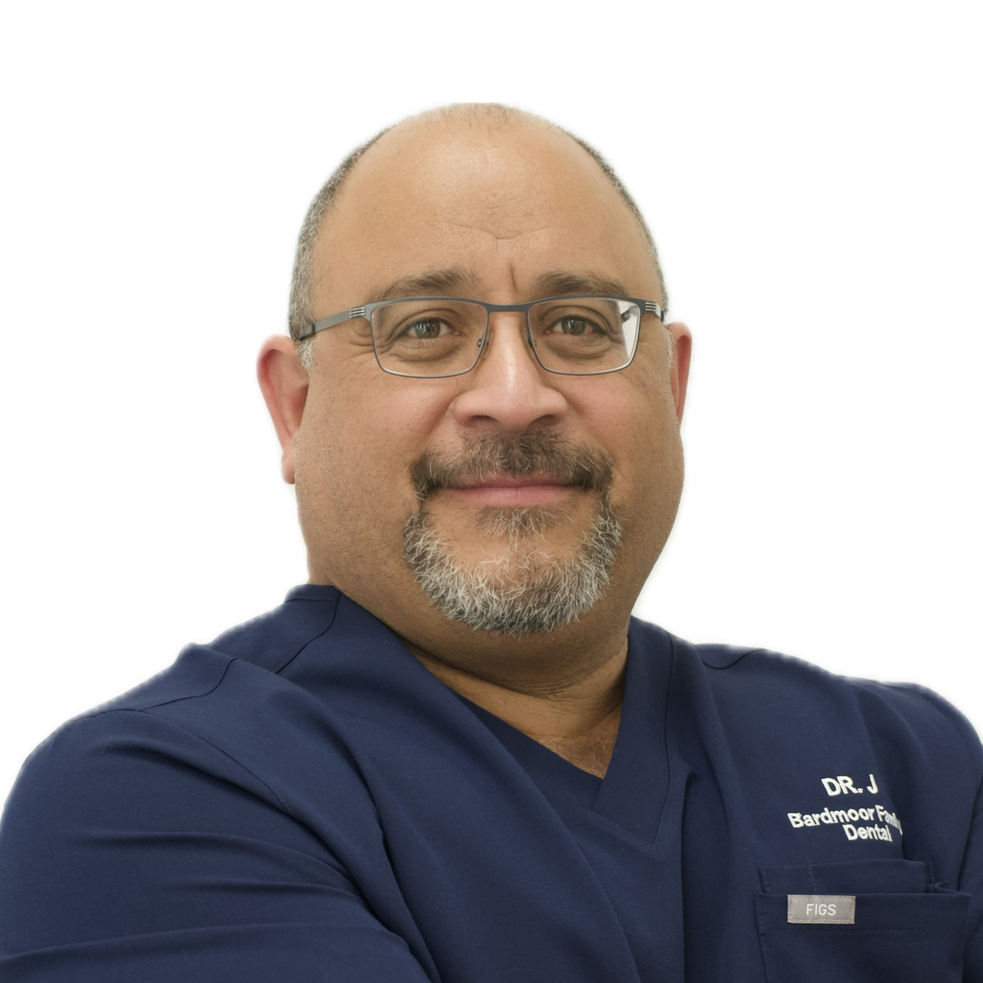How to Choose the Right Oral Surgeon for Your Needs
When it comes to maintaining your oral health, sometimes surgery is necessary to address specific concerns. Whether you're looking for wisdom teeth removal, dental implants, or other oral surgeries, choosing the right oral surgeon is a critical step in ensuring your treatment is successful. In Largo, FL, patients have access to a variety of skilled professionals, but how can you make the right choice for your needs? This guide offers tips on how to choose a qualified oral surgeon, what credentials to look for, important questions to ask, and how to assess experience and patient reviews.
What is Oral Surgery?
Oral surgery involves a wide range of procedures that treat issues affecting the mouth, jaw, teeth, and gums.
Different oral surgeons may specialize in different types of procedures. It’s essential to choose someone who specializes in the surgery you need. Some of the most common oral surgeries include:
- Wisdom Teeth Extractions – This is one of the most common oral surgeries. Wisdom teeth often need to be extracted if they are impacted or cause pain.
- Learn more about wisdom teeth extractions in Largo, FL.
- Dental Implants – Dental implants are a permanent solution to missing teeth, providing a natural-looking replacement.
- Discover more about dental implants.
- Bone Grafts and Sinus Lifts – These procedures are often necessary before placing dental implants, ensuring the jawbone is strong enough to support them.
- Read more about bone grafts and sinus lifts.
- Tooth Extractions – When a tooth is too damaged to save, extraction may be the best option.
- Learn more about tooth extractions.
If you're seeking oral surgery, it's important to find a surgeon who specializes in these types of procedures and has the experience to perform them successfully.
What Credentials Should You Look for in an Oral Surgeon?
When choosing an oral surgeon, you want to be confident that they are fully qualified and capable of performing your procedure. Here’s what to look for:
- Board Certification: Ensure your oral surgeon is board-certified by the American Board of Oral and Maxillofacial Surgery (ABOMS). This certification signifies that the surgeon has undergone extensive training and testing in the field.
- Education and Training: A reputable oral surgeon should have graduated from an accredited dental school and completed a residency program in oral and maxillofacial surgery.
- Licensing: Verify that the surgeon holds an active license to practice in the state of Florida.
At Bardmoor Family Dental, our oral surgeons are board-certified and have years of experience in performing a variety of oral surgeries. You can read more about our oral surgeon services in Largo, FL, for more details on the qualifications of our team.
Questions to Ask When Choosing an Oral Surgeon
During your consultation, it’s essential to ask the right questions to determine if the oral surgeon is the best fit for you. Here are some questions to consider:
- What experience do you have with my specific procedure?
- A highly experienced surgeon should be able to perform the surgery with minimal complications.
- What is the expected recovery time?
- Understanding how long the recovery process will take can help you plan your aftercare and manage expectations.
- What type of anesthesia do you recommend for my surgery?
- Make sure you feel comfortable with the anesthesia options offered. General anesthesia, sedation, and local anesthesia are commonly used in oral surgery.
- Can you provide patient references or reviews?
- Reviews and testimonials from previous patients can give you valuable insight into the surgeon's practice and the outcomes of their procedures.
At Bardmoor Family Dental, we prioritize patient communication, ensuring you feel confident about your treatment. Our patient testimonials offer real-world experiences from patients who have trusted us with their care.
The Role of Experience and Patient Reviews
Experience matters when it comes to oral surgery. Look for a surgeon who has extensive experience in the specific procedure you're undergoing. An experienced surgeon is more likely to have a deep understanding of potential complications and how to address them efficiently.
Moreover, patient reviews play a crucial role in assessing the quality of care. Positive reviews and high ratings are a good indication of a surgeon's expertise and the care provided by their team. Take time to review patient feedback, as it often includes insights into how well the surgeon communicates, the level of comfort during the procedure, and the overall experience.
The Importance of Pre-Operative Care
Pre-operative care is an essential part of any oral surgery. Proper preparation can reduce the risk of complications and contribute to faster healing. Your oral surgeon will provide guidelines for things like dietary restrictions, medications to avoid, and any steps you need to take before the procedure.
If you’re planning a dental procedure, consider reviewing the importance of pre-operative care for oral surgery to understand what steps to take before your surgery.
Post-Operative Care and Recovery
After undergoing oral surgery, following the surgeon's post-operative care instructions is crucial for a smooth recovery. Each procedure has its specific recovery protocol, but some general tips include:
- Rest and follow your surgeon's instructions for when to return to normal activities.
- Maintain oral hygiene while being gentle around the surgery site.
- Follow any dietary recommendations and avoid hard or hot foods initially.
If you're recovering from a wisdom tooth extraction or dental implant procedure, be sure to check out our guides on how to recover from wisdom tooth extractions and implant-supported dentures.
Conclusion
Choosing the right oral surgeon is an important decision that can impact the success of your procedure and your overall oral health. Be sure to do your research, ask the right questions, and review credentials and patient feedback. When you select a qualified and experienced oral surgeon, you’re setting yourself up for a smooth and successful surgery.
FAQ
1. What is the typical recovery time after oral surgery?
Recovery time varies depending on the procedure, but most patients can return to normal activities within a few days to a week after wisdom teeth extractions or tooth extractions. Dental implants may take several months for full healing.
2. Is oral surgery painful?
Oral surgery is typically performed under anesthesia, so you shouldn’t feel pain during the procedure. Post-operative discomfort can be managed with pain medications.
3. How long do dental implants last?
With proper care, dental implants can last a lifetime. They provide a durable and long-term solution for missing teeth.
4. What should I avoid after oral surgery?
Avoid smoking, drinking through straws, and eating hard or sticky foods after surgery. These actions can interfere with healing.
5. How do I know if I need oral surgery?
If you have persistent pain, difficulty eating, or other issues that cannot be resolved with conservative treatments, your dentist may recommend oral surgery.
Reach out to us today to
schedule your consultation.












